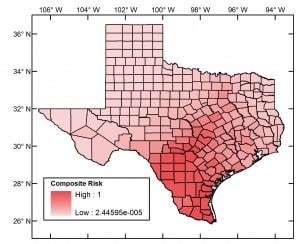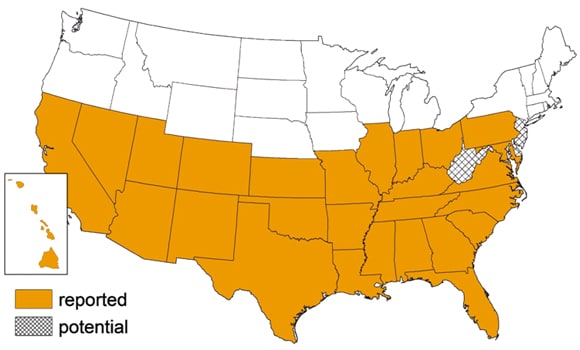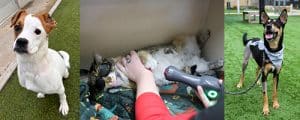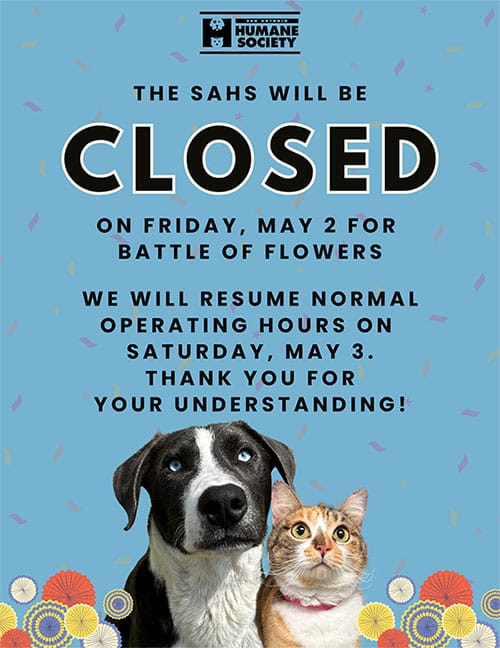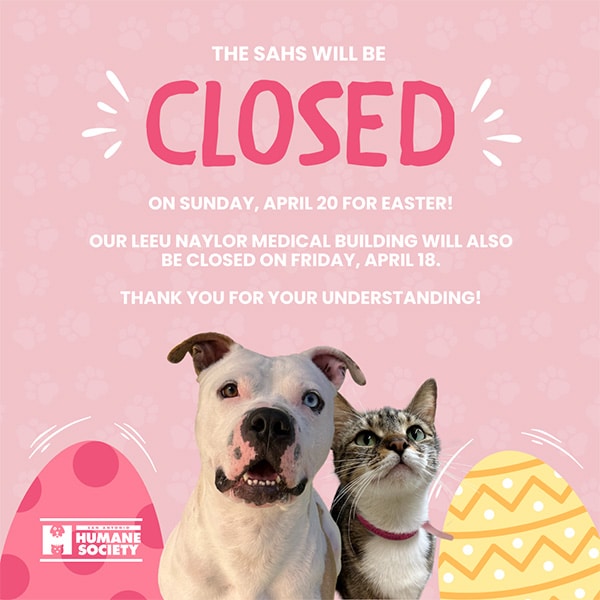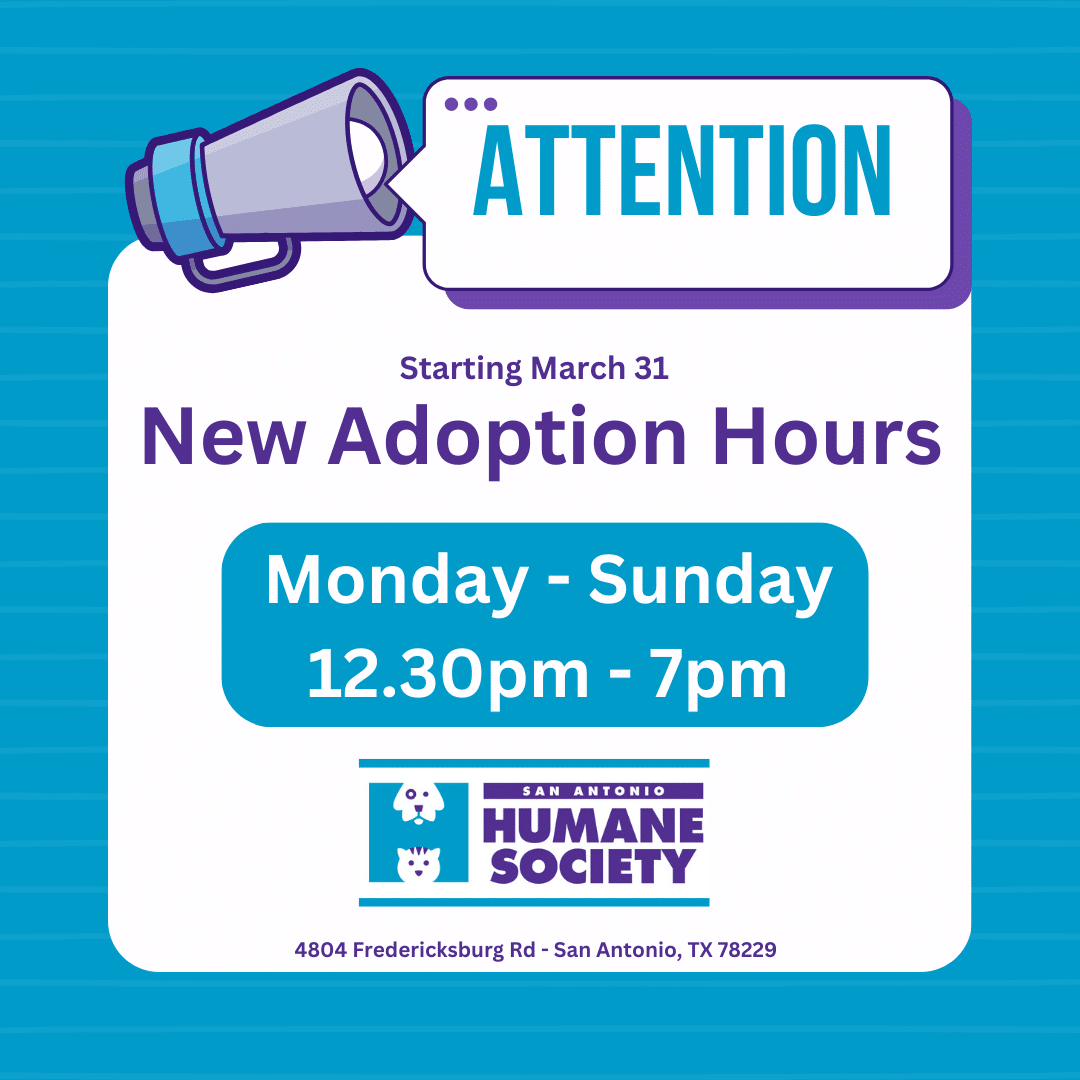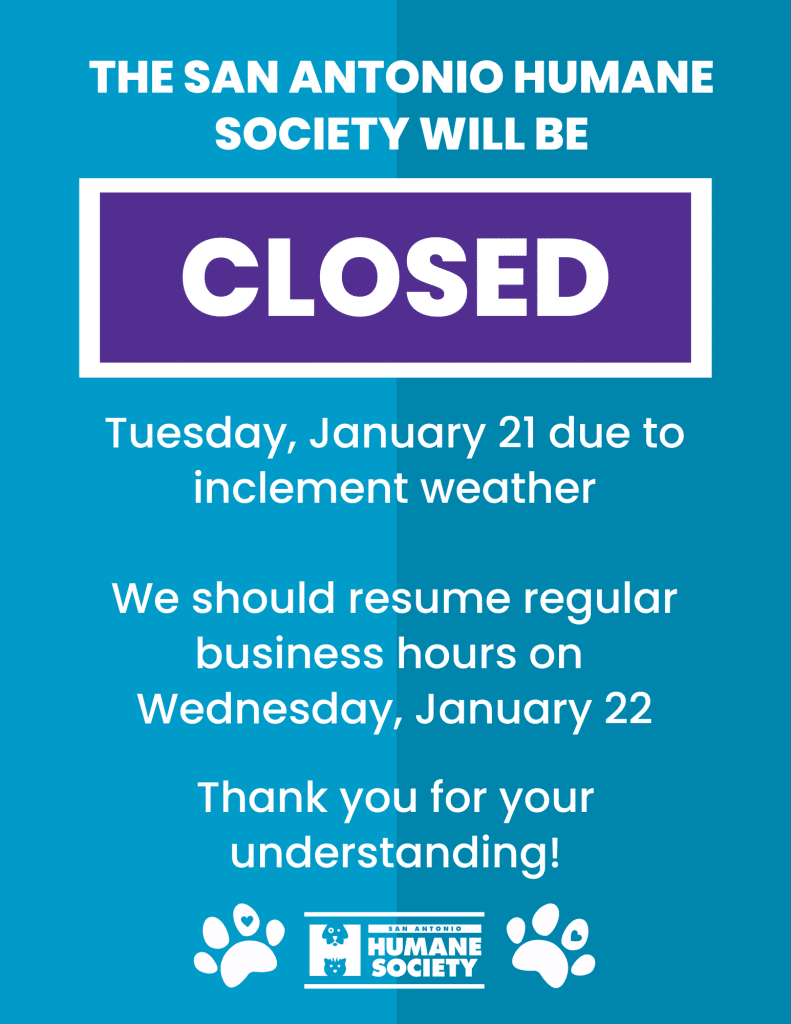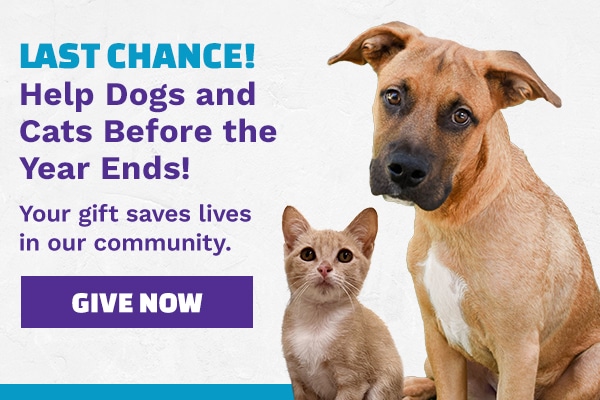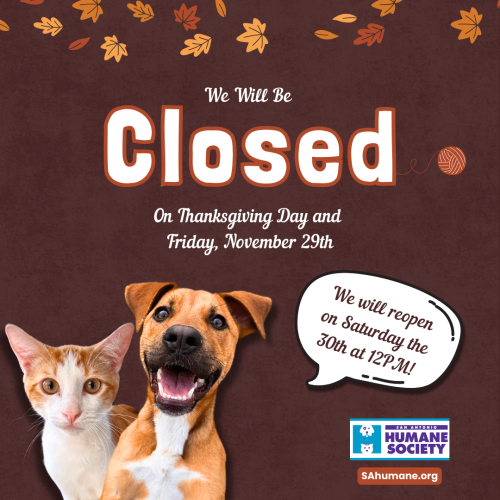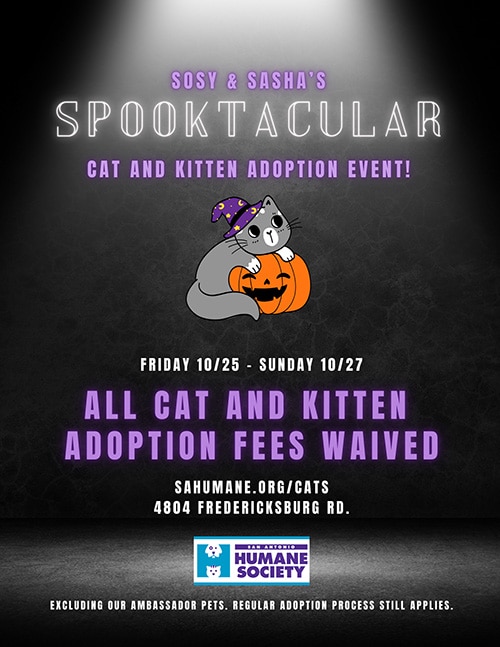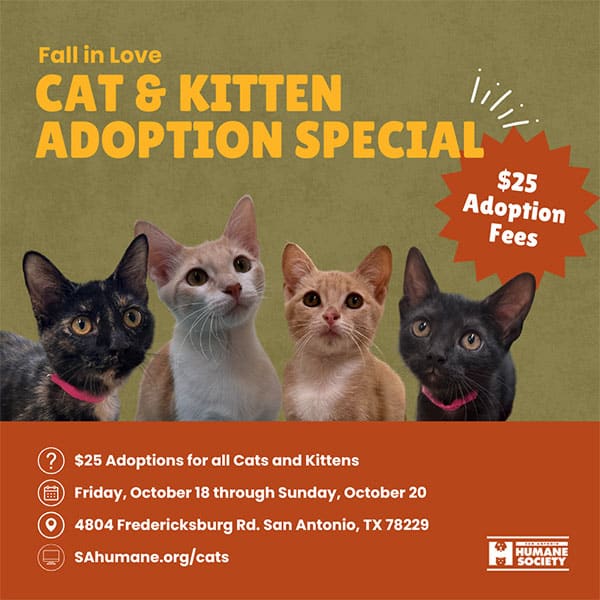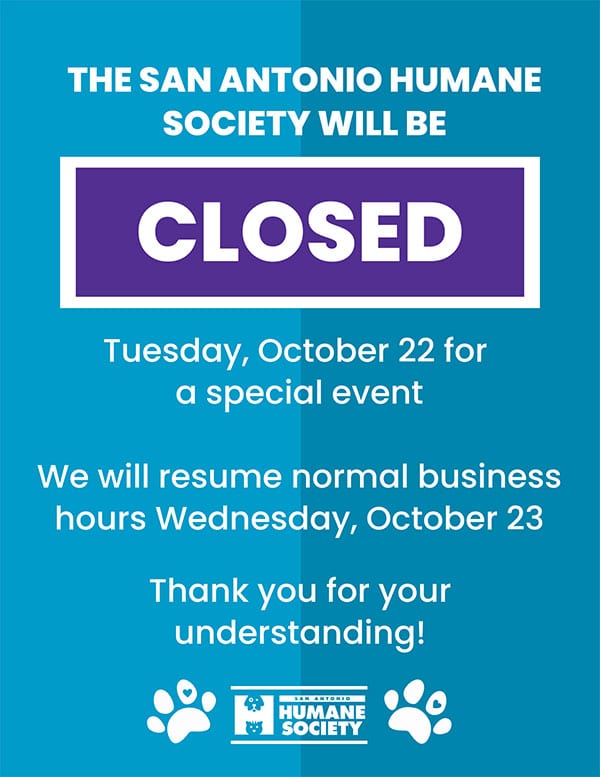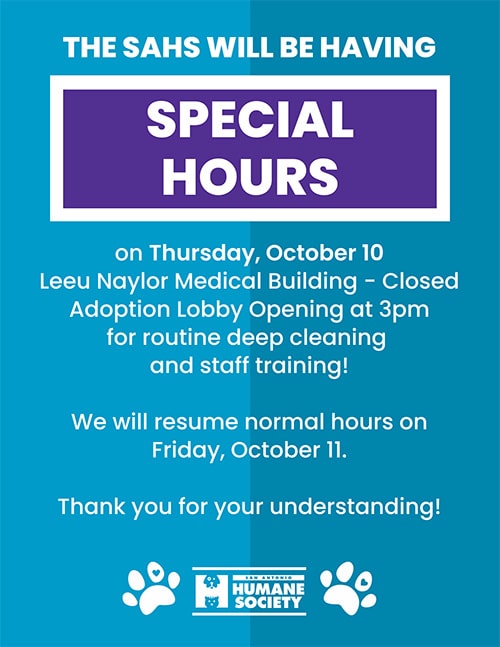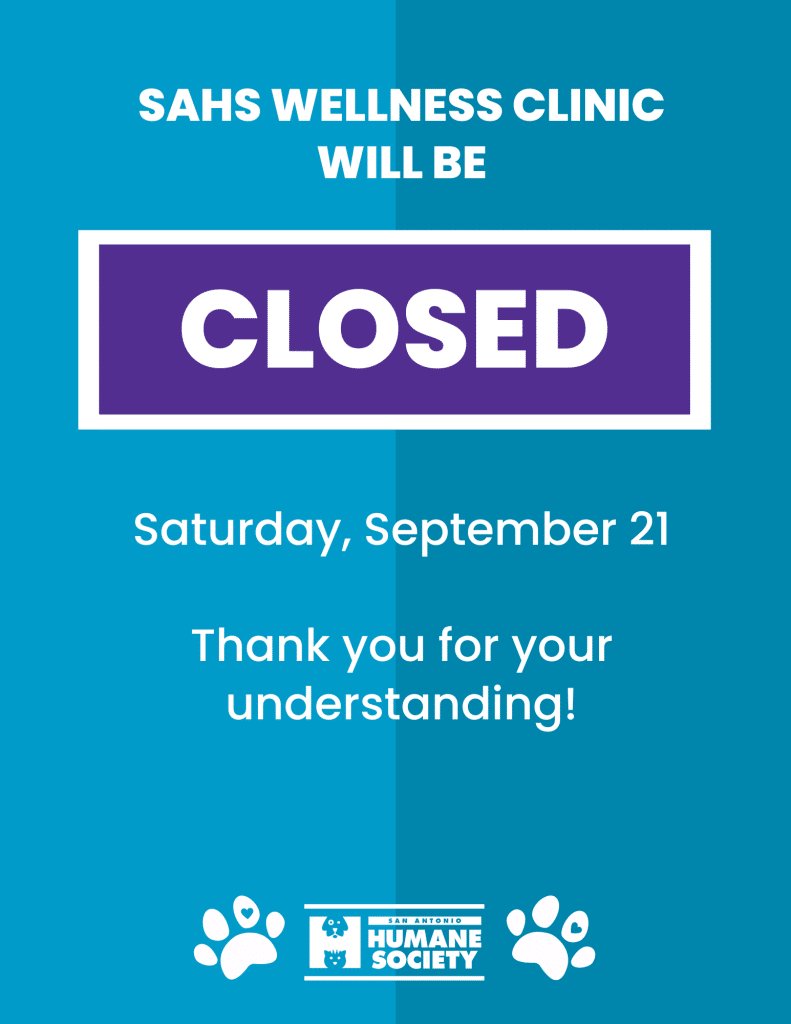September 2018 – KSAT12, Kissing Bug on the rise
What is Chagas Disease and why should you care?
Chagas Disease is carried by a parasite known as Trypanosoma Cruzi which can be transferred by the Triatomine Bug or “Kissing Bug.” Concerning our dogs, Chagas Disease can cause cardiac abnormalities or arrhythmias and ultimately lead to heart failure. While the “Kissing Bug” can infect dogs (and people) by biting them and then defecating in the bite, most instances in the area are caused by eating the bug.

Image source http://www.cdc.gov/parasites/chagas/
Chagas Disease is more common in South America, but is making its way north. The San Antonio Humane Society found three presumed cases of Chagas Disease in 2013. The shelter took action to reduce the exposure of “Kissing Bugs” to the dogs.
Image: A composite risk map for Chagas disease in Texas. Source: University of Texas in Austin
Below are some symptoms you can look for in your dog. If any of these symptoms are observed, it is recommended that you contact your veterinarian immediately:
• The dog is not eating
• The dog is lethargic
• The dog has a swollen abdomen
• The dog appears weak
• The dog appears confused
• The dog lacks coordination
The disease is difficult to treat, and is often fatal. Below are some tips to help prevent exposure:
• “Kissing Bugs” are nocturnal, so allow your pets to sleep indoors at night
• If your pet is sleeping outside, make sure the dog house is elevated (off the ground)
• Eliminate excess brush and shrubbery
• If you see a “Kissing Bug” contact your local pesticide expert to spray
Image: Incidence map from the CDC – http://www.cdc.gov
To learn more about the bug and disease, visit http://www.cdc.gov/parasites/chagas/

